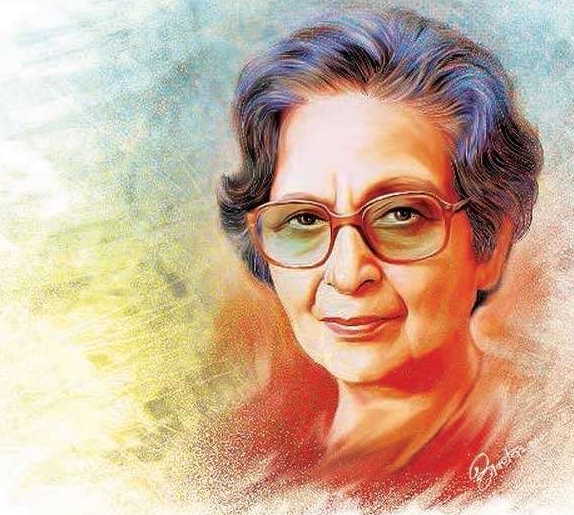Amrita Pritam’s ‘Pinjar’ is a classic piece of literature that continues to captivate readers with its timeless beauty. Let’s dive into the world of this renowned novel and explore its profound themes and messages.
A Tale of Partition
‘Pinjar’ is set against the backdrop of the tragic partition of India in 1947. The novel follows the story of Puro, a young Hindu girl who is abducted by a Muslim man during the chaos and violence of the partition. As she struggles to find her way back home, Puro’s journey is filled with heartbreak, resilience, and a quest for identity.
Exploring Identity and Belonging
One of the central themes of ‘Pinjar’ is the exploration of identity and belonging. Pritam beautifully captures the inner turmoil of characters who are displaced from their homes and forced to navigate a world torn apart by religious and political conflict. Through Puro’s journey, readers are invited to reflect on the complexities of identity and the search for a place to call home.
The Strength of Female Characters
Pritam’s portrayal of female characters in ‘Pinjar’ is particularly striking. Puro’s resilience and courage in the face of adversity stand out as a testament to the strength of women in times of crisis. Through her characters, Pritam challenges traditional gender roles and explores the ways in which women navigate societal expectations and constraints.
A Timeless Masterpiece
‘Pinjar’ continues to resonate with readers today, decades after its initial publication. The novel’s exploration of themes such as loss, trauma, and resilience remains relevant in a world marked by conflict and displacement. Pritam’s lyrical prose and evocative storytelling encourage readers to reflect on the complexities of human experience and the enduring power of hope and resilience.
In conclusion, Amrita Pritam’s ‘Pinjar’ is a timeless masterpiece that invites readers to explore the profound themes of identity, belonging, and resilience in the face of adversity. Through its captivating storytelling and vivid characters, ‘Pinjar’ continues to inspire readers and remind us of the enduring power of literature to illuminate the human experience.
